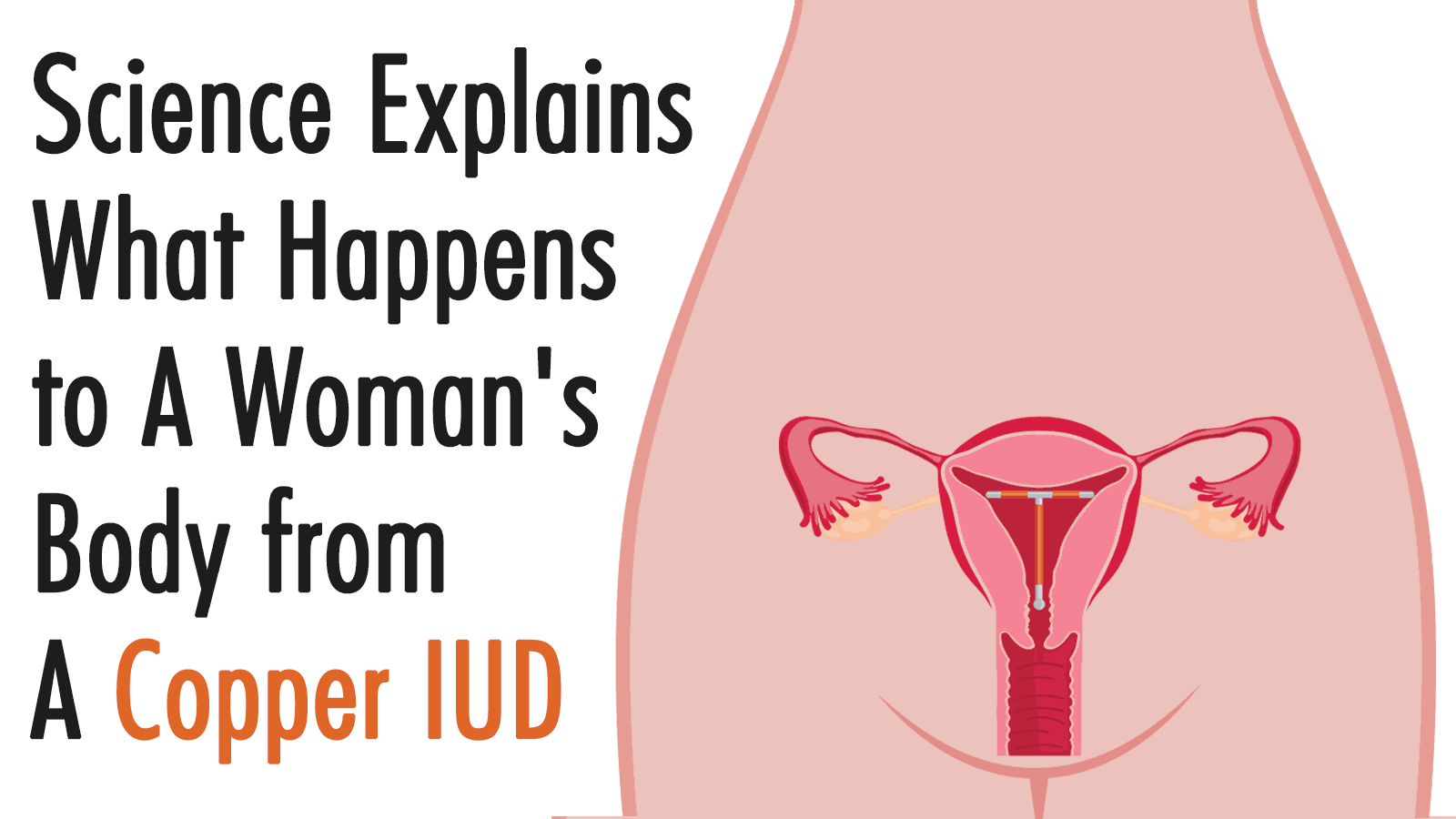What is a copper IUD and can it be dangerous to a woman?
IUDs: The Basics
First, let’s discuss the basics of intrauterine devices, or IUDs. Structurally, an IUD is a contraceptive device. It is made up of flexible plastic, which may or may not be wrapped in copper. This depends on the manufacturer. Functionally, most IUDs prevent pregnancy by releasing the pregnancy preventing hormone levonorgestrel. One IUD product, ParaGard, is free of hormones.
As of this writing, five main companies produce IUDs: Kyleena, Mirena, Skyla, Lileeta, and ParaGard.
Scour the web and you will find countless advocates of IUDs. From Planned Parenthood, to WebMD, to professors and clinicians at prestigious medical schools, IUDs are marketed as an extremely safe. People will laud them as an effective form of contraception, which can be reversed. These claims are not all false. IUDs are relatively safe. Relatively being the key word.
Many of even the harshest critics of the contraceptive device admit that the devices are “a very safe and supremely effective contraceptive method.”
Also, IUD-related appointments have seen as much as a 900 percent increase since January of 2017. We can reasonably assume, then, that complications from such a device will arise.
The Copper IUD: Newer Isn’t Always Better
Something to mention about IUDs: they’ve been around since the 1970s. As with pretty much every medical device or procedure, IUDs have gotten safer and more reliable. However, newer copper IUDs seem to buck the near-universal “newer is better” medical axiom.
Patients have reported extreme side effects. These include heavier and more frequent menstrual periods, painful abdominal cramping, pelvic inflammatory disease, complications from intercourse, and more. Compared with past case studies, more women with copper IUDs are undergoing emergency (potentially life-threatening) surgery to extract the device.
Class action lawsuits against the manufacturers of copper IUD devices has risen significantly. The law firm representing victims in the Copper & Mirena IUD Class Action Lawsuit cites the following symptoms as reported by their clients:
- Allergies and food intolerance
- Bleeding gums
- Cognitive difficulties (“brain fog”)
- Dizziness and disorientation
- Extreme fatigue and exhaustion
- Severe depression
- Severe PMS symptoms (e.g., increased aching, bloating, irritability)
- Heart palpitations
- Menstrual clotting and bleeding irregularities
- Tremors and getting “the shakes”
- Hot flashes
- Sudden and unexplainable weight gain
- Premature menopause
- Puncturing of the uterine wall (perforation)
Under-reporting of Complications from Copper IUD
“We collected a case series of broken IUDs … for the purpose of creating awareness and to illustrate our management of this not entirely rare clinical scenario …” – Levine, E.M., et al., “The ‘Broken’ IUD: Its Detection and Clinical Management”
In a disturbing article published in the Open Journal of Clinical & Medical Case Reports, five OB-GYNs report what they’ve seen in the their own practice. These doctors of gynecology have noted such observations as:
- Fractured pieces of copper within the uterine wall
- Puncturing of the uterine wall
- Uterine infection
- Transferal of broken copper into other organs
- Bleeding, cramping, and abdominal pain
One health institution reported having received three IUD cases over just a nine-month period – a rate far higher than normal. Perhaps most troubling is the conclusion that health emergencies from “Broken IUDs” is likely to be significantly under-reported. In other words, far more women are like experiencing severe complications from IUDs, yet opting against medical intervention.
The Need for Awareness
Most medical researchers and practitioners who advocate for copper IUDs are not trying to deceive. Research data from nearly every study attests to these very claims. But the severe complications surfacing from an evolving technology causes legitimate cause. Until recently, this technology has proved safe and worthwhile.
Closing Thoughts
Women, your reproductive health is a sacred and sensitive health topic. You need to and ought to be informed about your own body. If you (or a woman you know) is considering using a copper IUD, do your research. Inform yourself before making any decisions.


















